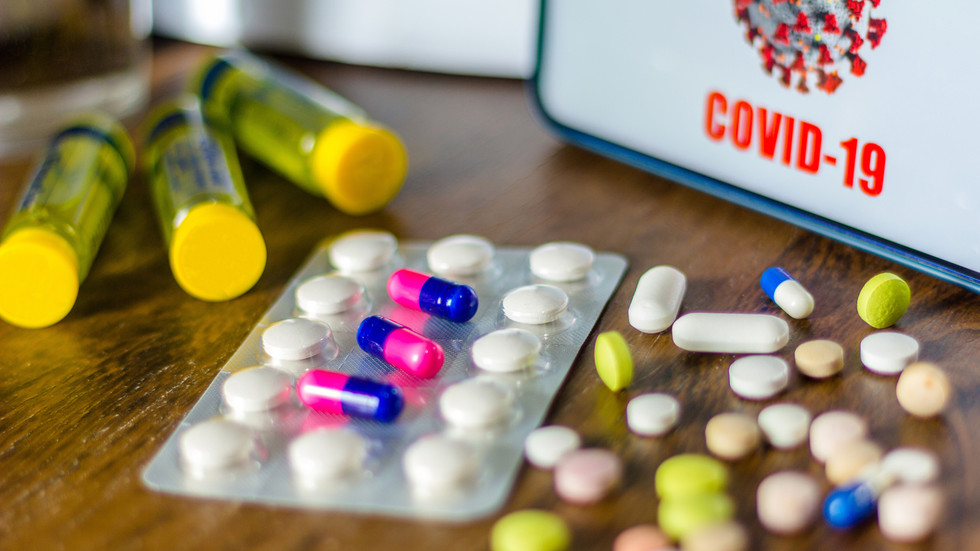A few years ago, I wrote a book called ‘Doctoring Data’. This was an attempt to help people understand the background to the tidal wave of medical information that crashes over us each and every day. Information that is often completely contradictory, viz ‘Coffee is good for you… no, wait it’s bad for you… no, wait, it’s good for you again,’ repeated ad nauseam.
I also pointed out some of the tricks, games and manipulations that are used to make medications seem far more effective than they truly are, or vice versa. This, I have to say, can be a very dispiriting world to enter. When I give talks on this subject, I often start with a few quotes.
For example, here is Dr Marcia Angell, who edited the New England Journal of Medicine for over 20 years, writing in 2009:
“It is simply no longer possible to believe much of the clinical research that is published, or to rely on the judgement of trusted physicians or authoritative medical guidelines. I take no pleasure in this conclusion, which I reached slowly and reluctantly over my two decades as editor.”
Have things got better? No, I believe they’ve got worse – if that were, indeed, possible. I was recently sent the following email about a closed-door, no-recording-allowed discussion, held in May of this year under no-disclosure Chatham House rules:…Read More

